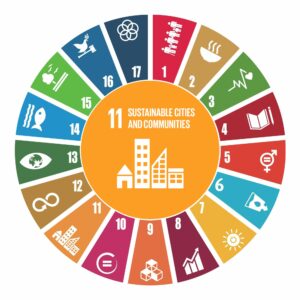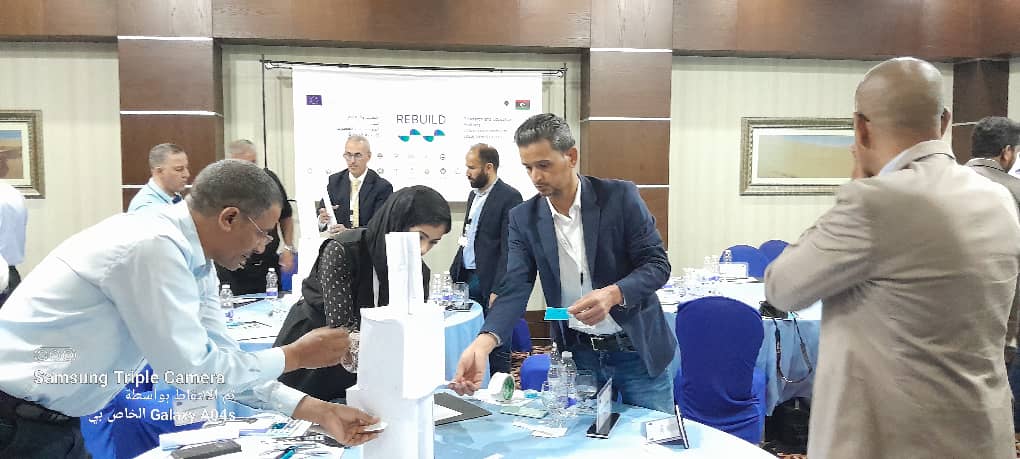Moduli tematici e programma di attuazione
Il materiale di ogni ciclo formativo è principalmente di tipo contenutistico, ma sempre accompagnato da un supporto metodologico.
La piattaforma e-learning REBUILD è una piattaforma dedicata basata su Moodle. Its address is: https://elearning.libyarebuild.eu. The platform is the place where all the e-learning training activities of the project are developed. Ogni modulo formativo, a seconda della tipologia dei contenuti e dei suoi obiettivi formativi, può combinare una gamma di attività diverse, ad esempio: video-lezioni, lettura di testi, questionari, ecc. L’e-learning è uno strumento educativo versatile che offre opportunità interessanti (e una serie di rischi). Se ben implementato, l’e-learning può aiutare ad espandere e migliorare la capacità di un’organizzazione di fornire una formazione innovativa e di qualità.
 Il curriculum formativo REBUILD intende supportare i 10 municipalità partner libicche nell’affrontare l’Obiettivo 11 dell’Agenda 2030 (SDG 11): Rendere le città e gli insediamenti umani inclusivi, sicuri, resilienti e sostenibili.
Il curriculum formativo REBUILD intende supportare i 10 municipalità partner libicche nell’affrontare l’Obiettivo 11 dell’Agenda 2030 (SDG 11): Rendere le città e gli insediamenti umani inclusivi, sicuri, resilienti e sostenibili.
The training is expected to build competences in improving local governance, urban planning, development strategies and service delivery.
Il curriculum formativo si basa sull’Approccio Territoriale allo Sviluppo Locale (TALD) e adotta una pedagogia basata sul modello dell’ Apprendimento Esperienziale Partecipativo.

